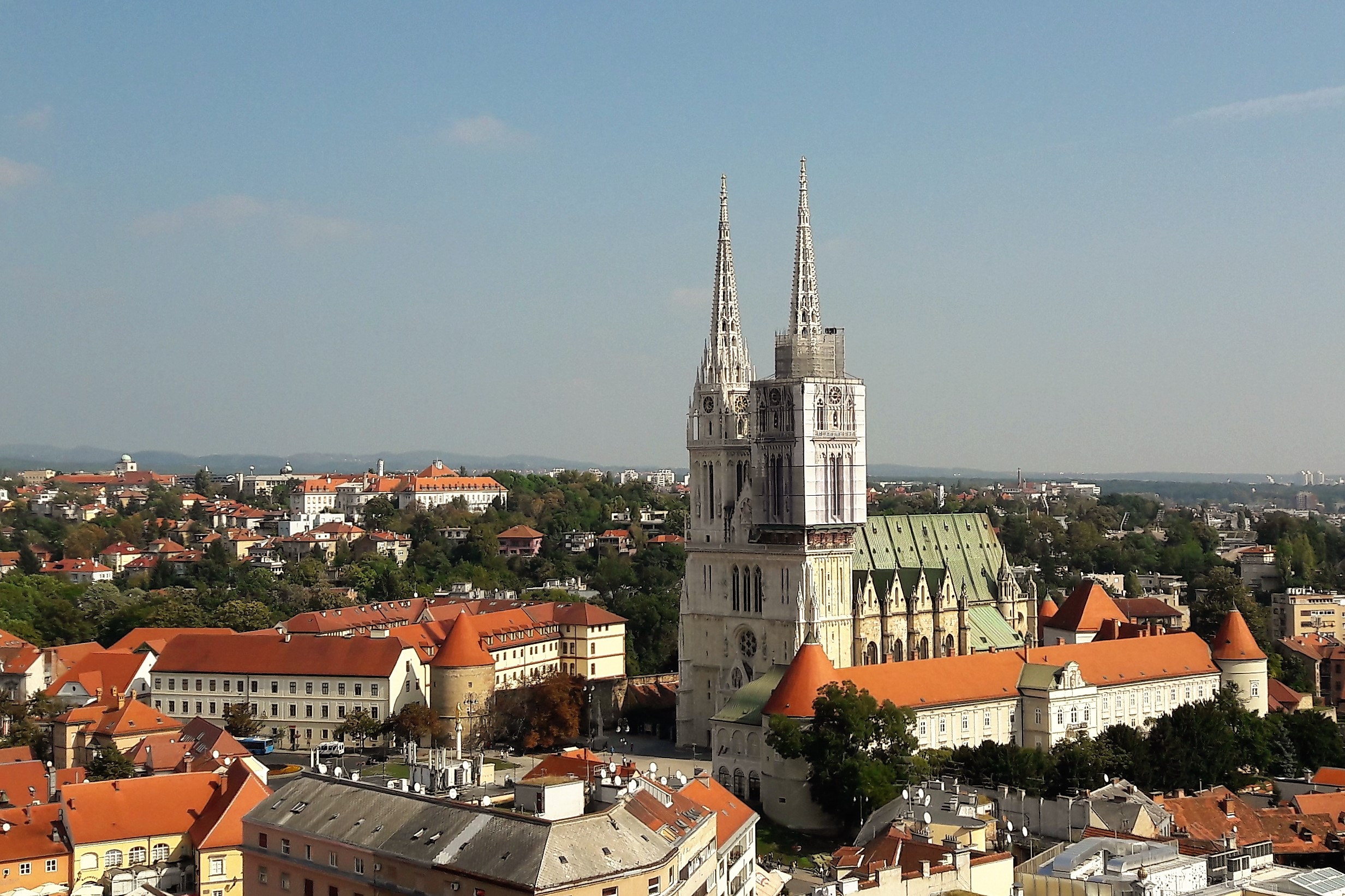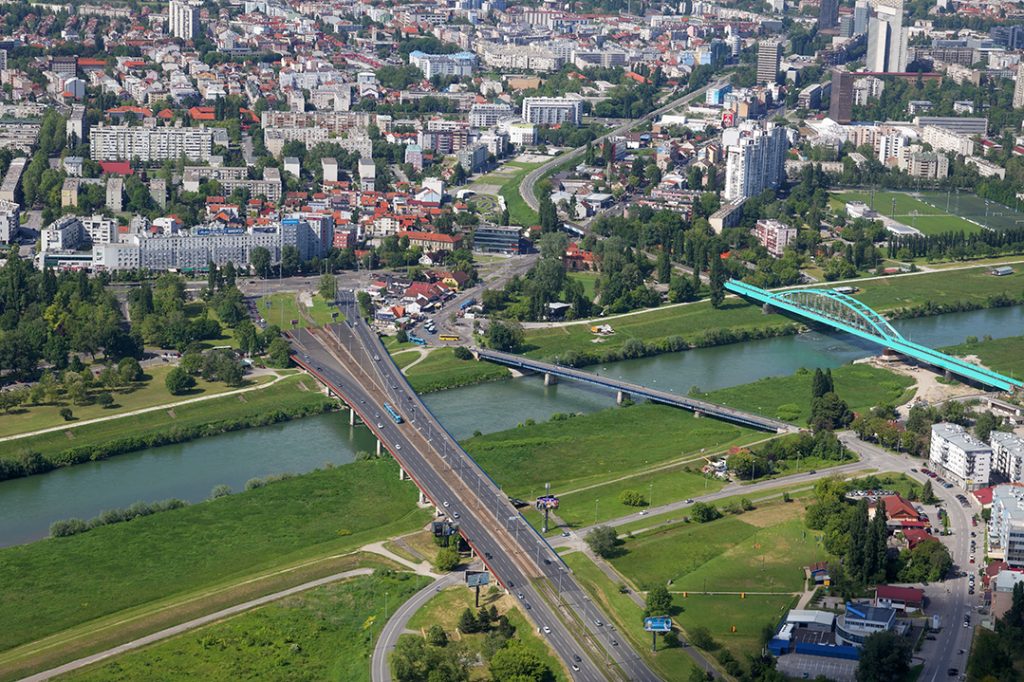Zagreb is the capital and the largest city of Croatia. It is in the northwest of the country, along the Sava river, at
the southern slopes of the Medvednica mountain. The population of the Zagreb urban agglomeration is 1,086,528,
approximately a quarter of the total population of Croatia.
Zagreb is a city with a rich history dating from Roman times. The oldest settlement in the vicinity of the city was the
Roman Andautonia, in today's Ščitarjevo.The name "Zagreb" is recorded in 1134,in reference to the foundation of the
settlement at Kaptol in 1094.
Zagreb became a free royal town in 1242. In 1851 Zagreb had its first mayor, Janko Kamauf.

Zagreb has special status as a Croatian administrative division and is a consolidated city-county (but separated from
Zagreb County), and is administratively subdivided into 17 city districts.
Most of them are at a low elevation along the river Sava valley, whereas northern and northeastern city districts, such as Podsljeme and Sesvete districts are
situated in the foothills of the Medvednica mountain, making the city's geographical image rather diverse. The city
extends over 30 kilometres east-west and around 20 kilometres north-south.
Zagreb
is the seat of the central government, administrative bodies, and almost all government ministries. Almost all of
the largest Croatian companies, media, and scientific institutions have their headquarters in the city. Zagreb is the
most important transport hub in Croatia where Central Europe, the Mediterranean and Southeast Europe meet, making the
Zagreb area the centre of the road, rail and air networks of Croatia. It is a city known for its diverse economy, high
quality of living, museums, sporting, and entertainment events. Its main branches of economy are high-tech industries
and the service sector.
